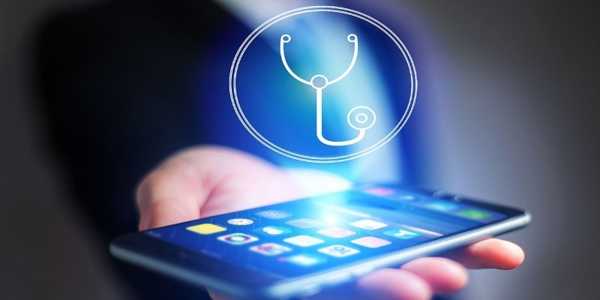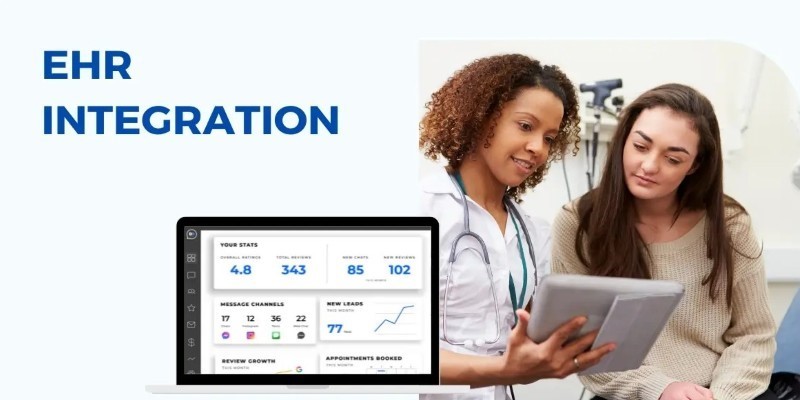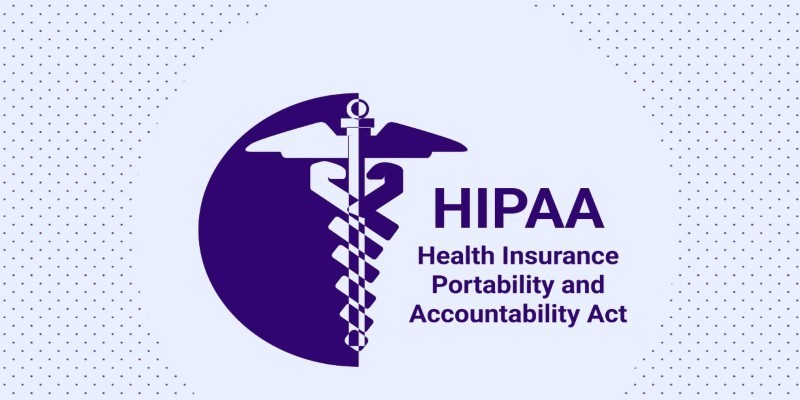
How Digital Health Apps Are Empowering Patients
 Health & medical treatment
Health & medical treatment The rise of digital health apps in healthcare marks a significant shift toward patient-centered care. These apps transform how individuals manage their health, providing them with the tools and knowledge to take an active role in their well-being. As we approach 2025, the evolution of mobile health technologies has expanded beyond simple tracking devices to become powerful tools that can monitor conditions, manage treatments, and even facilitate communication with healthcare providers. Let's explore how these digital health apps empower patients and reshape the healthcare landscape.
The rise of digital health apps in healthcare marks a significant shift toward patient-centered care. These apps transform how individuals manage their health, providing them with the tools and knowledge to take an active role in their well-being. As we approach 2025, the evolution of mobile health technologies has expanded beyond simple tracking devices to become powerful tools that can monitor conditions, manage treatments, and even facilitate communication with healthcare providers. Let's explore how these digital health apps empower patients and reshape the healthcare landscape.
The Growing Role Of Digital Health Apps
The healthcare industry increasingly relies on digital health apps to address various health needs. These apps are no longer limited to fitness tracking but now extend to managing chronic diseases, medication adherence, mental health, and more. As mobile health technologies advance, they are essential in making healthcare more accessible, personalized, and proactive. Patients are no longer passive recipients of care; they are becoming active participants in their health journey.
Personalized Health Management
One key way digital health apps empower patients is by offering personalized health management. Apps like MediSafe, a medication management app, help patients track their medications, doses, and intake times, reducing the risk of missed or double doses. These apps provide patients with a sense of control and accountability by offering tailored reminders and tracking health metrics such as blood pressure and glucose levels.
In 2025, digital apps will be even more sophisticated, offering personalized wellness plans. For instance, fitness apps now allow users to tailor exercise routines based on their fitness level, goals, and health needs. These apps provide the flexibility to track daily activities, monitor progress, and even get expert advice, all through a single platform. Whether it's fitness, diet, or mental health, patients can make informed choices about their care, which helps them stay motivated and on track toward their health goals.
Monitoring Chronic Conditions
Chronic diseases such as diabetes, hypertension, and asthma are prevalent worldwide, and managing these conditions can often feel overwhelming. Digital health apps, however, are changing the game by making it easier for patients to monitor their symptoms, track medication, and stay in control of their condition. Apps designed specifically for chronic disease management can offer medication reminders, alert patients to potential complications, and even track daily health metrics.

Wearable devices, like smartwatches and fitness trackers, are critical in chronic condition management by continuously monitoring vital signs such as heart rate, blood oxygen levels, and activity levels. Some wearable devices, like the KardiaMobile ECG monitor, allow patients to record heart activity at home and share that data with healthcare providers for analysis. This not only enables real-time monitoring but also provides healthcare professionals with valuable data to make better-informed decisions.
Mental Health Support
Mental health is another area where digital health apps are making a significant impact. As awareness of mental health issues continues to grow, digital solutions are providing patients with accessible tools to manage Stress, anxiety, and depression. Apps like Headspace and Calm offer guided meditation, mindfulness exercises, and sleep improvement techniques. These apps have been shown to reduce Stress and anxiety, offering users a safe, convenient, and non-judgmental space to prioritize their mental well-being.

Moreover, apps that support behavioural health, such as those offering cognitive-behavioural therapy (CBT), are increasingly being used to complement traditional face-to-face therapy. These digital tools allow patients to work through their mental health challenges in a structured way, helping them manage their symptoms and track their progress over time.
Telemedicine And Remote Healthcare
One of the most transformative ways digital health apps empower patients is by facilitating telemedicine. Telehealth has seen an explosive rise since the COVID-19 pandemic, and in 2025, it continues to redefine how patients access care. With telemedicine apps, patients can consult healthcare professionals from the comfort of their homes, eliminating the need for in-person visits. This is particularly valuable for patients in rural or underserved areas with limited access to healthcare services.

These apps also allow patients to interact directly with their healthcare providers through secure messaging systems, making it easier to get advice, schedule appointments, and receive follow-up care. As these platforms integrate seamlessly with patient health records, healthcare providers can monitor patient progress remotely and provide more timely interventions when necessary.
Integration With Personal Health Records
A key aspect of patient empowerment in digital health is the ability to access and manage personal health records (PHRs). Apps like MyChart allow patients to view their test results, track appointments, and communicate with their healthcare providers—all in one place. This transparency gives patients a clearer picture of their health status, helping them make informed decisions about their care. Moreover, patients can take a more proactive role in their healthcare by having immediate access to their medical history and treatment plans.

Integrating electronic health records (EHRs) with mobile apps also facilitates better communication between patients and providers. This connectivity ensures that healthcare providers have up-to-date information on their patients, which can improve the quality of care and prevent errors. It also makes it easier for patients to request refills, book appointments, or ask for clarification on treatment plans.
Security And Privacy Considerations
While digital health apps offer many benefits, they also raise concerns about security and privacy. As more health data is collected through apps, it becomes increasingly important to protect this sensitive information. In 2025, many health apps will utilize advanced encryption techniques to secure patient data and comply with regulations like the Health Insurance Portability and Accountability Act (HIPAA) in the U.S.

Patients also have more control over their data, with apps offering clear privacy policies and consent options. This allows users to decide how their data is shared and ensures that their health information remains secure. The growing emphasis on cybersecurity in health apps is helping to build trust, making patients feel more comfortable using these technologies to manage their health.
Conclusion
In 2025, digital health apps will provide unprecedented access to tools that help them manage their health, monitor chronic conditions, and improve overall well-being. By putting more control in the hands of patients, these apps are reshaping the healthcare experience, making it more personalized, proactive, and empowering. As technology advances, the potential for these apps to improve health outcomes and transform patient care is limitless. However, it's important to continue addressing the challenges of accessibility, security, and the balance between digital and traditional care to ensure that everyone can benefit from these innovations.
